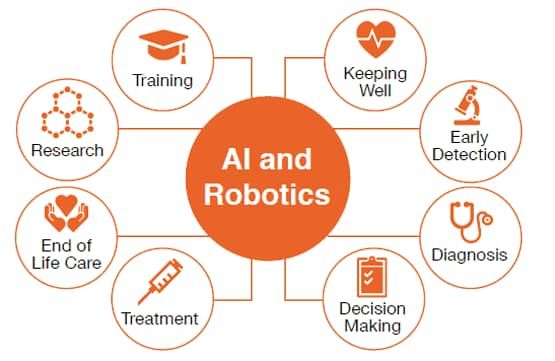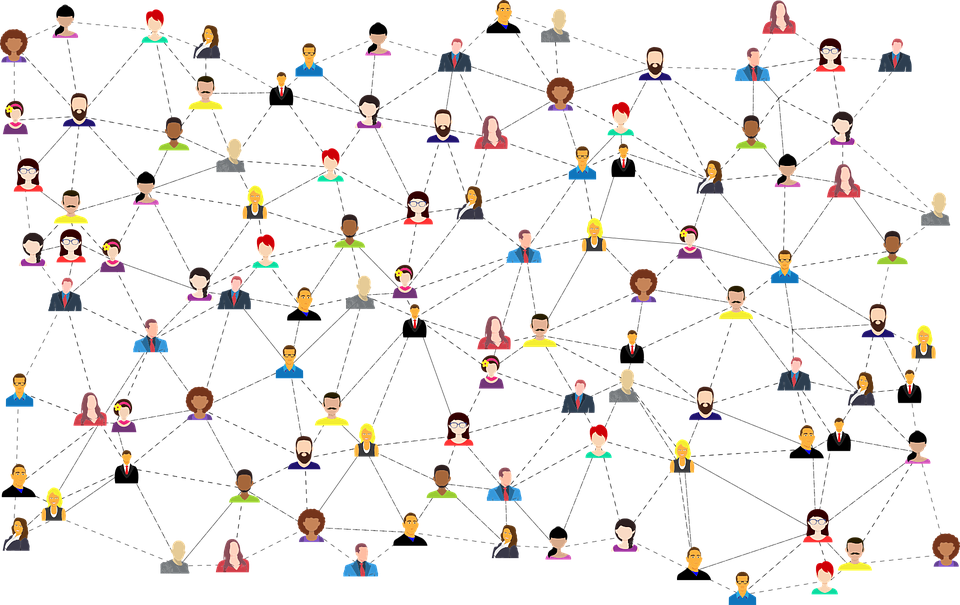
How AI Is Transforming Healthcare & Medicine
- 0
Artificial Intelligence (AI) is revolutionizing the healthcare and medicine industry, transforming the way medical professionals diagnose, treat, and manage diseases. With the ability to analyze vast amounts of data quickly and accurately, AI is enabling healthcare providers to deliver more personalized and efficient care to patients.
Improving Diagnostics
AI-powered diagnostic tools are helping healthcare professionals to identify diseases earlier and more accurately than ever before. Machine learning algorithms can analyze medical images, such as X-rays and MRIs, to detect abnormalities that may be missed by human eyes. This not only speeds up the diagnostic process but also reduces the risk of misdiagnosis.
Personalized Treatment Plans
AI is also being used to develop personalized treatment plans for patients based on their individual medical history, genetics, and lifestyle factors. By analyzing vast amounts of patient data, AI algorithms can predict how a patient will respond to a specific treatment, allowing healthcare providers to tailor their approach to each individual.
Drug Discovery and Development
AI is accelerating the drug discovery and development process, making it faster and more efficient. By analyzing large datasets of chemical compounds and biological targets, AI algorithms can identify potential drug candidates much more quickly than traditional methods. This is helping to bring new, life-saving medications to market faster than ever before.
Predictive Analytics
By analyzing patient data in real-time, AI-powered predictive analytics tools can help healthcare providers to identify patients who are at risk of developing certain diseases or complications. This allows for early intervention and preventative measures to be taken, ultimately leading to better health outcomes for patients.
Remote Monitoring and Telemedicine
AI-powered remote monitoring devices are enabling patients to receive care from the comfort of their own homes. These devices can track vital signs, medication adherence, and other health metrics, allowing healthcare providers to monitor patients remotely and intervene if necessary. This is particularly beneficial for patients with chronic conditions who require regular monitoring.
Ethical Considerations
While AI has the potential to revolutionize healthcare and medicine, there are ethical considerations that must be taken into account. Privacy concerns, data security, and the potential for bias in AI algorithms are all important factors to consider when implementing AI in healthcare settings. It is essential for healthcare providers to ensure that AI is used ethically and responsibly to avoid potential harm to patients.
The Future of Healthcare
As AI continues to advance, the possibilities for its application in healthcare and medicine are endless. From improving diagnostics to developing personalized treatment plans, AI has the potential to transform the way healthcare is delivered and ultimately improve patient outcomes. By harnessing the power of AI, healthcare providers can provide more efficient, personalized care to patients, leading to a healthier and happier population.
Overall, the impact of artificial intelligence on healthcare and medicine is substantial and will continue to grow in the coming years. With advances in AI technology, the future of healthcare looks brighter than ever before.

